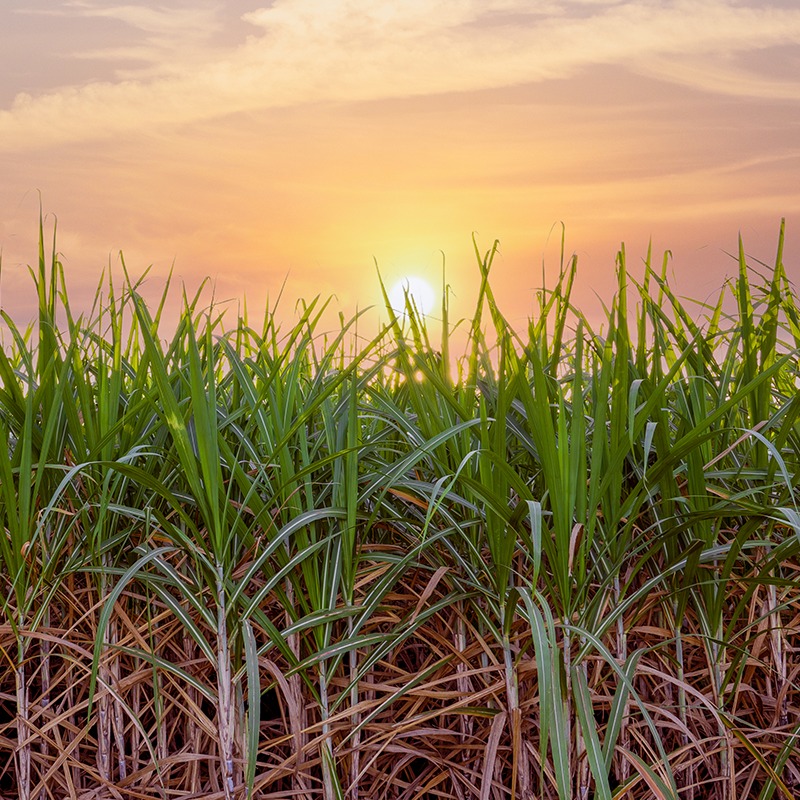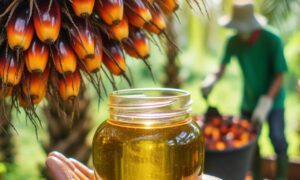In Maharashtra’s Solapur, sugar mills predict shortage of supply after sugarcane farmers sell crop as fodder

Sugar millers of Maharashtra’s Solapur district are foreseeing a difficult crushing season ahead after several farmers diverted their sugarcane produce as fodder in view of a delayed monsoon.
Yashwant Kulkarni, managing director of the Shree Pandurang Cooperative Sugar Mill in Pandharpur taluka, said they fear a 10-15 per cent diversion of sugarcane even before the start of the crushing season in October.
Since Solapur is a drought-prone area, farmers here alternate between excess to low sugarcane cultivation and the average sugar recovery is around 10.25-10.30 per cent each year.
Solapur has the unique distinction of having 38 sugar mills — the highest in any single district in Maharashtra. On average, the region reports 2.5-3 lakh hectare of area under sugarcane and around 200 lakh tonne of sugarcane is crushed every year.
Like other parts of the state, this year Solapur too reported a delayed monsoon. Most parts of the district started reporting good rain only from the second week of July, forcing farmers to convert the crop to fodder which is mainly used by the dairy industry.
Kulkarni said the diversion of sugarcane for fodder poses a big threat to the mills. “To be honest, the rain has just started so the crisis will continue for some time. Our estimates say that around 10-15 per cent of the sugarcane crops will be diverted for fodder,” he said.
However, the per acre yield can pick up if the rain continues in the latter half of the ongoing monsoon season, the millers feel.
At present, many farmers of Solapur find economic benefit in selling sugarcane as fodder rather than wait for the crushing season to start.
Sachin Patil, director of the Shree Vitthal Cooperative Sugar Mills in Pandharpur taluka said dairy farmers are paying Rs 2,500/tonne for sugarcane fodder. “Given the uncertainty of rain, most farmers have taken this option rather than waiting for the start of the crushing season,” he said.
Daily, Patil said, around 100 tonne of sugarcane is being sold to dairy farmers in his village of Ambe. “This would certainly affect the availability in the coming days,” he said.














